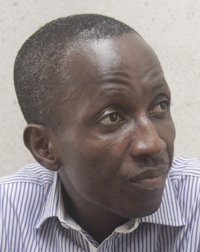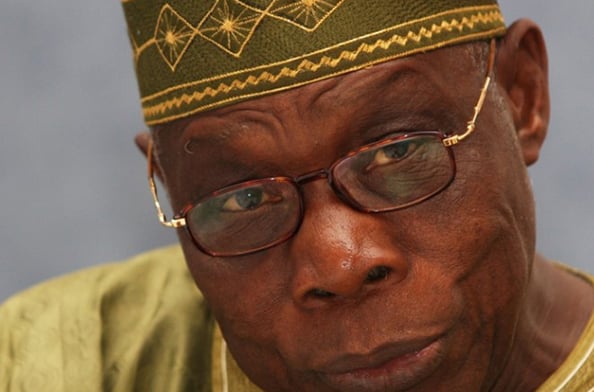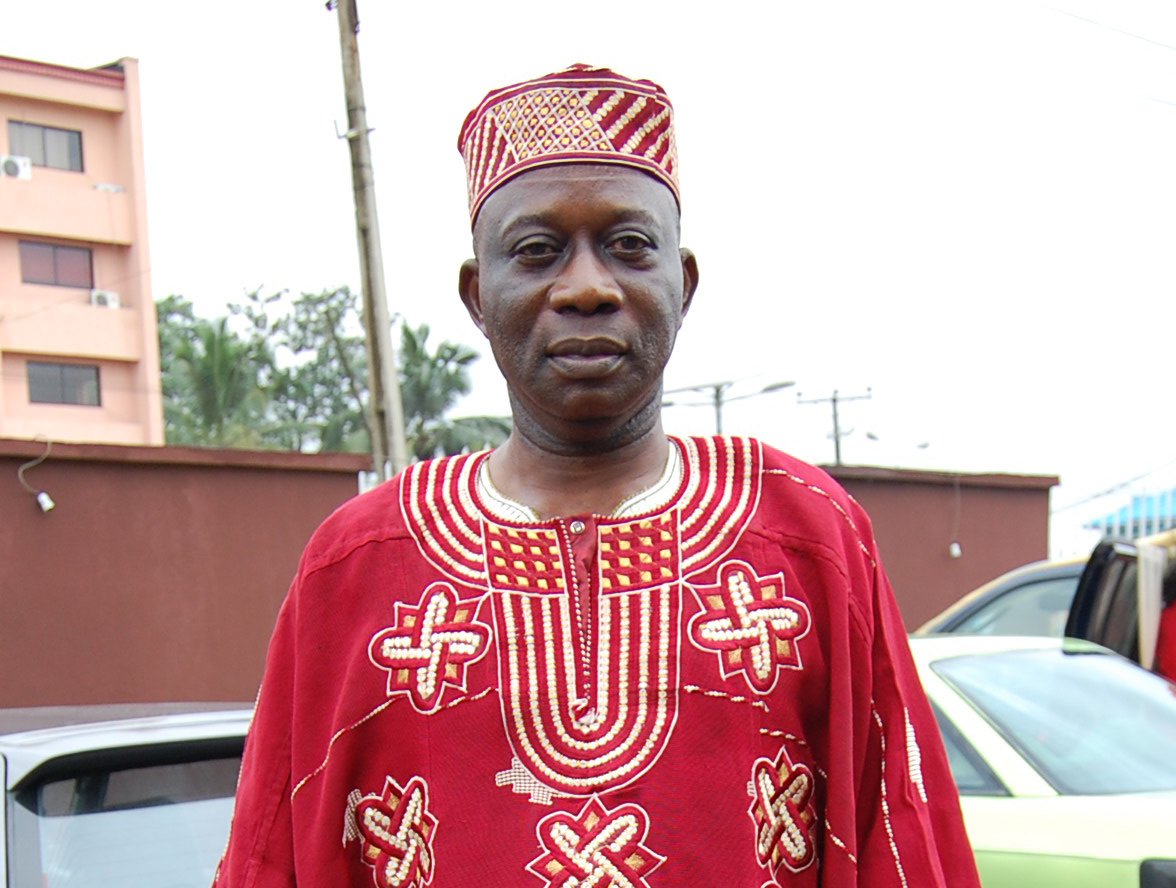Two months ago, this column in a piece titled ‘INEC’s bumbling steps’ asked if the body charged with the conduct of 2015 elections was actually ready for the exercise. It was a review of the distribution of permanent voters cards in Lagos state, which did not end very well as seen in the multitudes who did not get their cards. The piece concluded that “We need to question the commission’s capacity and ability to conduct the elections scheduled for next year. Daily, the 2015 elections grow in importance and value to our corporate existence as a nation, so we cannot afford to bungle it. The umpire requires help obviously and all of us must keep it on its toes.” Never could one have been so prescient as some reports last week seemingly validated these words.
Saturday Punch of January 3 reported that the federal government was “yet to appropriate the remaining N75bn out of the N120bn budgeted for the conduct of the poll by the Independent National Electoral Commission” suggesting again that the Commission was not adequately funded to superintend the elections. But that argument falls flat since INEC knew the amount budgeted for it in the 2015 budget already. In the November 3, I faulted the Commission’s default answer of insufficient money anytime it was asked about its readiness and this report affirms that position.
Curiously, INEC’s spokesperson, Kayode Idowu, denied that funding is a constraint for the Commission. “There is no shortfall of funding anywhere. We don’t know where the figures being peddled come from and how it is being calculated.”
On financial constraint being the reason for the poor distribution of the Permanent Voter Cards, Idowu said, “Clearly and categorically, it is not true. We didn’t distribute the cards at the same time.”
Advertisement
The second report that got me thinking is a News Agency of Nigeria (NAN) report in Vanguard newspaper of January 2. In the story, Idowu defended INEC’s decision to print ballot papers outside Nigeria. He said, ”They are printed abroad in the interest of the country, for the integrity of the election and the acceptability of the procedure.“
He further denied that the commission spent $75 million to print ‘some ballot papers’ in Europe but failed to provide the figure spent on printing outside. How much exactly has INEC spent on printing abroad? Classifying some elections as “less contentious” begs the issue as our experience since 1999 shows that elections at all levels are challenged in court and it is rather nebulous saying some are not. How did INEC arrive at its classification?
But that is another matter entirely. My interest is the scarce foreign exchange that will be wasted on printing ballot papers outside Nigeria. Some Nigerians might not be aware that there is a Chartered Institute of Professional Printers of Nigeria (CIPPON) whose chairman, Muhammad Lawal, in an interview last year lamented that printers were not part of the National Conference.
Advertisement
He alleged that the Federal Government “deliberately ignored the printing industry simply because many government officials are using printing to perpetrate corruption.” In the last 12 years, billions of Naira has been spent on printing election materials outside the country at the expense of the local industry on grounds of capacity and security. During the 2011 elections, INEC employed three local printers to partially print election materials; one in Abuja and two in Lagos, but the bulk was printed outside. What INEC is not saying clearly is that it cannot guarantee the security of the materials while logistic may be a serious task also.
The third report is the one by The Nation newspaper titled ‘INEC bans use of government cash, resources for campaigns’ which is part of the ‘Code of Conduct’ political parties signed which, funnily, does not prescribe penalties for violation. “All political parties shall separate party business from government business. No political party shall use state vehicles or other public resources for any electioneering campaigns or any other party business,” says the code. One asks where was INEC when some of our elected officials across parties travel across the country using state funds? These officials even travel for campaigns with aides who are paid from government coffers as part of the staff supposedly working for the people. Who pays for these trips? In a sane society, campaign trips are different from official trips and the travel logs will specify for audit and tracking purposes.
What do we make of these three reports? INEC appears not to be ready for elections and Nigerians ought to take a closer look at the commission than we are doing presently.
Advertisement
Views expressed by contributors are strictly personal and not of TheCable.


